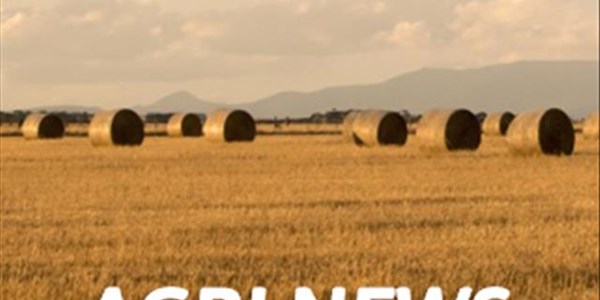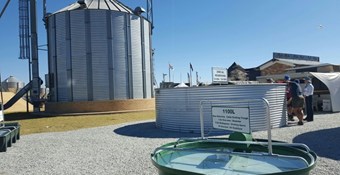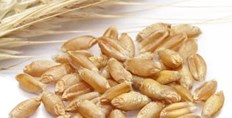Podcasts
Agri-podcast: Prevailing drought in the Free State continues to compromise food security─── 14:22 Thu, 11 Apr 2019

The prevailing drought in the Free State continues to compromise food security. This is according to the Department of Agriculture and Rural Development in the province.
And to make sure that food insecurity is tackled extensively, the Free State Food Security Stakeholders has forged a partnership with various departments in the province, including the Departments of Health, Social Development, Public Works, and the Department of Water and Sanitation to resuscitate the Food and Nutrition Security programme. This follows after the province was hit hard by failed harvests, drought, increasing input costs, and low livestock prices, among others, in the last few months. According to reports, about 30 000 jobs have been lost in the agricultural sector due to drought in the province. To ease drought pressure, the Treasury late last year provided Agriculture and Rural Development with R13.5 million for drought relief. The departmental MEC, Benny Malakoane, has launched new Integrated Food Security and Nutrition Strategy initiatives across the province with the primary objective of outlining and strengthening the newly approved Food Security Strategy to all stakeholders.
The Department of Agriculture, Forestry and Fisheries on Thursday announced that larvae of the Fall Armyworm (FAW) were detected for the first time in late March on sweetcorn in the Western Cape, near the Clanwilliam area. This after the FAW moths were detected in several areas in the Western Cape between June and August last year. The department said the FAW is a quarantine pest in terms of the Control Measures Relating to Fall Armyworm R. 449 of May 26, 2017, of the Agricultural Pests Act of 1983. It is therefore compulsory that any individual or organisation that has detected the FAW shall immediately report it to the nearest agricultural office or executive officer of the Act. The FAW preferentially attacks maize, sweetcorn and sorghum in South Africa, but it may feed on other crops in the vicinity if maize plants or its primary food source is not available. FAW is currently present in all the provinces in South Africa and the level of FAW infestation varies locally in terms of the climate and host availability. Farmers and community members are advised to take precautionary control measures such as scouting and trapping to ensure early detection and effective control of FAW. The main concern with this pest is that it can rapidly develop resistance to agrochemicals, thus rotating the agrochemicals within the cropping season according to resistance group and mode of action is highly recommended to avoid resistance. Contact a chemical representative for advice on agrochemical control options. Farmers and community members are encouraged to do regular scouting for the FAW, the department said.
AND
African Farmers of South Africa (Afasa) regional treasurer, Ernest Gaetsewe, says they are particularly worried about the lack of water on many farms around the Thaba Nchu area. This follows after emerging farmers have been complaining about the lack of access to water for their livestock for some time now. He added that many farmers struggle to make ends meet, and their livestock slowly perish as a result of a lack of water. He further appealed to the provincial government and municipalities to make water readily available in order for farmers to make a decent living from farming. Gaetsewe says because Thaba Nchu is a rural area, it takes time to get water.
OFM News/Michael Thlakudi













